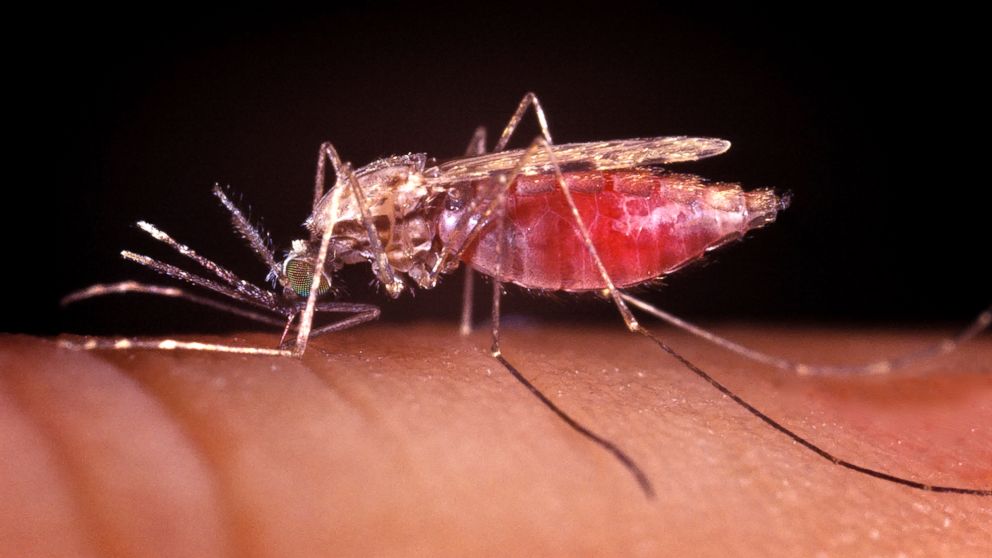How Sex Could Wipe Out Malaria
And why we should think twice about doing it.

June 15, 2014— -- Scientists think they have figured out a way to wipe out mosquitoes that transmit malaria, a horrible disease that kills a million humans every year.
Based on laboratory experiments, they think they can do it by messing up the sex life of Anopheles gambiae, the mosquito that sucks blood out of other animals, including humans, that carries the parasite that causes a disease for which there is no vaccine.
It has been estimated that a child dies every 30 seconds in sub-Sahara Africa from malaria, so if the lab results also work in the real world then this could be the turning point in an effort that has frustrated medical researchers for many decades.
That's a big "if," but scientists at Imperial College London, who have spent years working on this problem, think they are finally on the right track.
Their "breakthrough," as other scientists have called it, works by genetically engineering mosquitoes to produce offspring that are exclusively male at least 95 percent of the time.
With fewer and fewer females in each succeeding generation, the technique wiped out the entire population of caged wild mosquitoes within six generations, according to a study published in Nature Communications.
The scientists transferred a gene from slime mold that produces an enzyme that chops up DNA when it finds a specific sequence. In this case it latched on to a section of the x chromosome which determines gender during the period when the male mosquito was producing sperm. Thus nearly all the offspring were males.
"We think our innovative approach is a huge step forward," lead researcher Andrea Crisanti said in releasing the report. "For the very first time, we have been able to inhibit the production of female offspring in the laboratory and this provides a new means to eliminate the disease."
The technique could pay off immediately in that only females bite humans, because they need the nutrients in blood to produce healthy eggs, so fewer females would mean fewer bites.
That sounds like good news for the entire world, since mosquito bites are irritating and dangerous. Mosquitoes transmit several diseases, not just malaria, including West Nile Virus and yellow fever, which devastated New Orleans in 1905.
Unfortunately, even if this works in the wild, it will work only on Anopheles gambiae, one of at least 3,000 species of this nasty insect, so don't throw away your DEET yet. But it could point the way to other genetic avenues that would work with other species.
However, this would be a new chapter, and perhaps a dangerous one, in the ongoing human effort to change the natural world through genetic engineering to solve a problem that is faced by one species, ourselves. And it is possible that once experiments begin in the wild, an entire species could be wiped out through genetic engineering, a threat that troubles many critics.
On the surface, this would appear to be a slam dunk. Why would anyone object to sacrificing mosquitoes to save the lives of millions of children?
The mosquito has been described as the deadliest animal on the entire planet, and it's safe to say that nearly all humans detest these little beasts, but wiping out an entire species is something that should require a lot of thought and discussion. Even if the victim is a just a mosquito.Everyone hates mosquitoes. The female attacks with a vengeance, drawing blood and leaving a blister-like wound.




